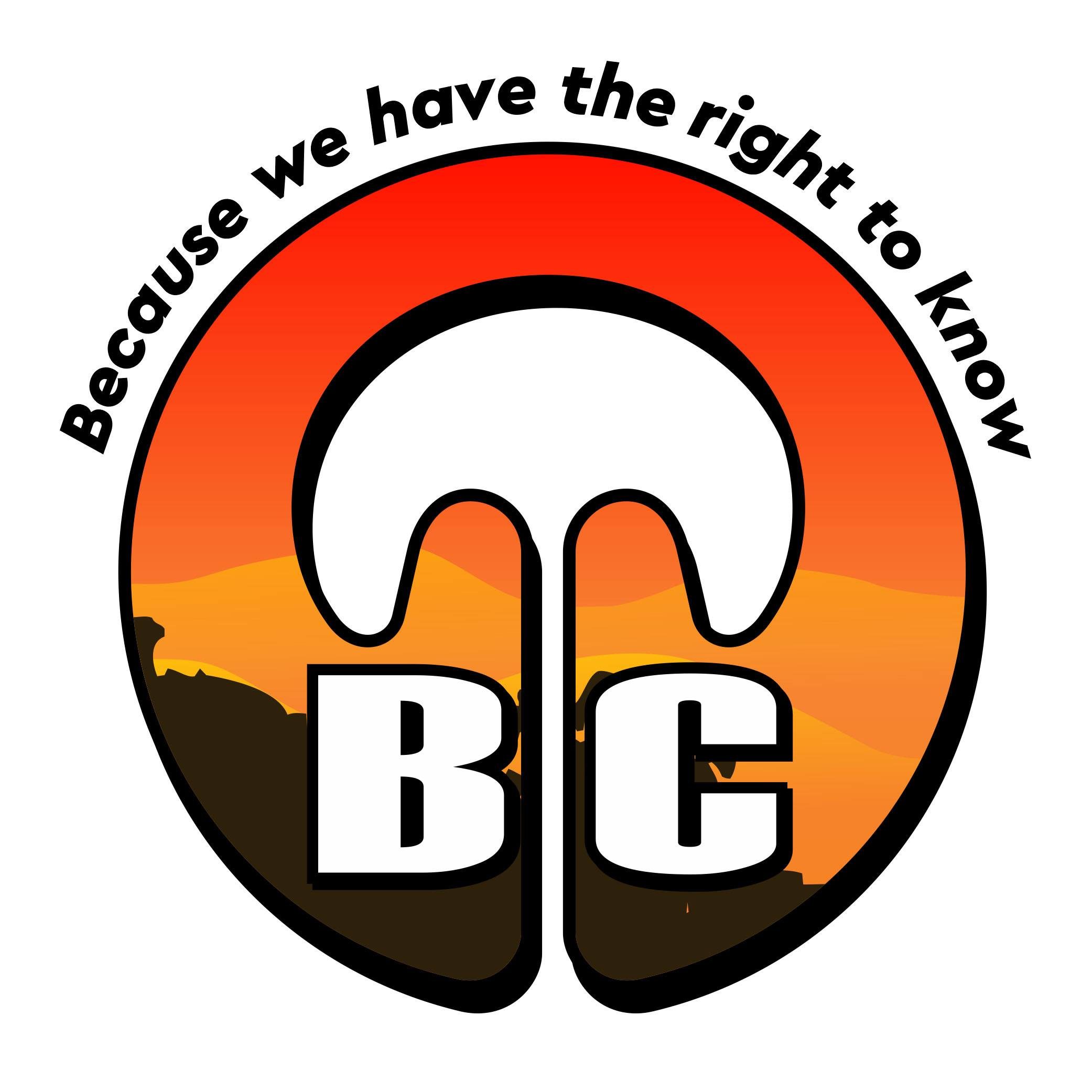By Roland Rabang
IN school, you either love History or you don’t. In my case, I do. There is reciprocity in History, unlike my love for Math which is quite one-sided – it does not love me back. There are those who struggle with History, however. I know some as far back as grade school that hate History like they hate broccoli.
But history is not broccoli. For instance, there is a reason why today is a significant date in Philippine history. Thirty-nine years ago on August 21, a man named Ninoy Aquino was gunned down on the tarmac of an airport that now bears his name. For us Filipinos, this was a pivotal moment. We realized that with democracy long under siege by the dictatorship, the assassination of Ninoy Aquino, brazen as it was, might be the critical juncture that will move the country closer to a failed republic if the suppression of human rights and the crisis in the economy persists under the strongman rule of Ferdinand Marcos.
The people seem to have taken it upon themselves to not allow the country to go down the drain. They found that a collective outrage is able to resonate from the streets. This avalanche of humanity eventually became a crusade for truth and justice in the August Twenty-One Movement (ATOM), even as the political opposition coalesced under one banner called the United Independent Democratic Opposition (UNIDO).
The choice to take matters into their own hands must have been driven by the realization that the Philippines have suffered long enough under a one-man rule benefiting only him and his sycophant-cronies while millions of Filipinos continue to wallow in abject poverty.
For years under the dictatorship, the Philippines had been touted by the international community as a “banana” republic. But the people refused to be typified under this description. After August 21, 1983, there was a firm resolve to seek change, and some of the slogans were “sobra na, tama na, palitan na.” The groundswell of people calling for the end of the dictatorship is the same people who refuse to concede that the Philippines is a banana republic. But as with the quote attributed to Benjamin Franklin goes, the Philippines can only be a republic if we can keep it.
The memories of 39 years ago now recede in the rearview. Time and distance is taken advantage of by conspiracy theorists to sow disinformation about these events, even engaging in denialism and historical distortion. The fact is that some of the people of my generation who, from 1983 to 1986 were in their early teens, take steps to advance these falsehoods including that incredible claim that the period of the dictatorship was a golden age.
The likelihood is that the same conspiracy theorists would be inclined to believe in “alternative facts.” But alternative facts are simply fiction. Facts are incontrovertible because these are the building blocks of history. They are called building blocks because there should be an accumulation of facts before a historian can arrange collected facts before it becomes a historical narrative.
This of course brings attention to recent attacks on historians and history itself, describing the latter as gossip (tsismis), and mere exercise in interpretation. History on the other hand is described with utmost condescension as undeserving to be called a profession. What is actually undeserved here is the attention spared in order to debunk these claims. But the significance of historical junctures such as August 21 is even distorted to the point of calls to expunge Ninoy Aquino from our collective memories by suggesting that the airport in our nation’s capital be again called Manila International Airport, and the ease with which some of us consume these falsehoods, records indeed require that they be set straight.
First, the idea of gossip. History is evidence-based thus the sources of information should be verified and authenticated. This is the reason why historians rely on documents (official or authenticated) as “primary” sources of information. This is not to say that eyewitness accounts (such as the maids in Malacañang) cannot be used as sources but because memories can be distorted by bias – for instance, a reconstruction of events through memory still requires corroboration. The rigor of history rests in the accumulation of facts. That is why a depiction of history could not just be passed off as credible if it did not pass through the rigors of historiography which is, at the very least, a preponderance of evidence.
Second, the idea of history as interpretation. The argument based on a premise that history is always written from the vantage of victors and thus an alternative history should be presented is faulty. What the discussion missed is the concept of discourse in history. In other words, history is perspective-based and does not provide a definitive account of the event itself. In this regard, the objective of the narrative is then considered.
For instance, if historical accounts always regarded the blood compact as indicative of the willingness of the Filipinos to embrace colonial subservience, the historian William Henry Scott sees otherwise. He said the Spanish forced the ritual upon the Filipinos because the blood compact is fundamentally an “alien diplomatic ritual.” In other words, while the ritual was perfected, there was no real intention among the Filipinos to keep the pact because as far as the Filipinos were concerned, the peace pact was not a genuine article.
Scott based his account on Spanish archival documents that have never been unearthed before. In utilizing these archives, Scott surmised that a true history of the Filipino people could be written because previous historical accounts were written with the colonists monopolizing the production of source documents.
Scott’s historical writing could be described as anti-imperialist. Simply put, and utilizing the same documentary evidence in historiography, there is such a thing as anti-history or even history from the margins. So was the recent movie about the Marcoses last days in Malacañang an alternative history? Considering the source or sources, and the manner in which some accounts were deliberately misappropriated (such as Cory purportedly playing mahjong) then the film does not even have the pretense of history. It is mere speculation with the objective of embellishing the checkered reputation of the Marcoses.
Finally, the cavalier and condescending attitude of the film’s director to say that history is not a profession speaks of how limited his view of a profession is. In the Philippines, we usually perceive professions as pertaining to doctors, lawyers, or engineers only. We do lose sight of the dimensions of history as a profession which could be jointly or severally, authors, teachers (thus researchers as well), and consultants.
How about journalists? If Phil Graham, publisher of the Washington Post, who said “news is the first rough draft of history” is to be believed, then yes journalists are historians as well.



There are no comments yet. Add your comment to start the conversation.